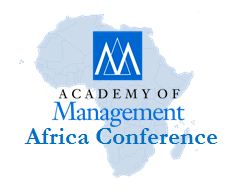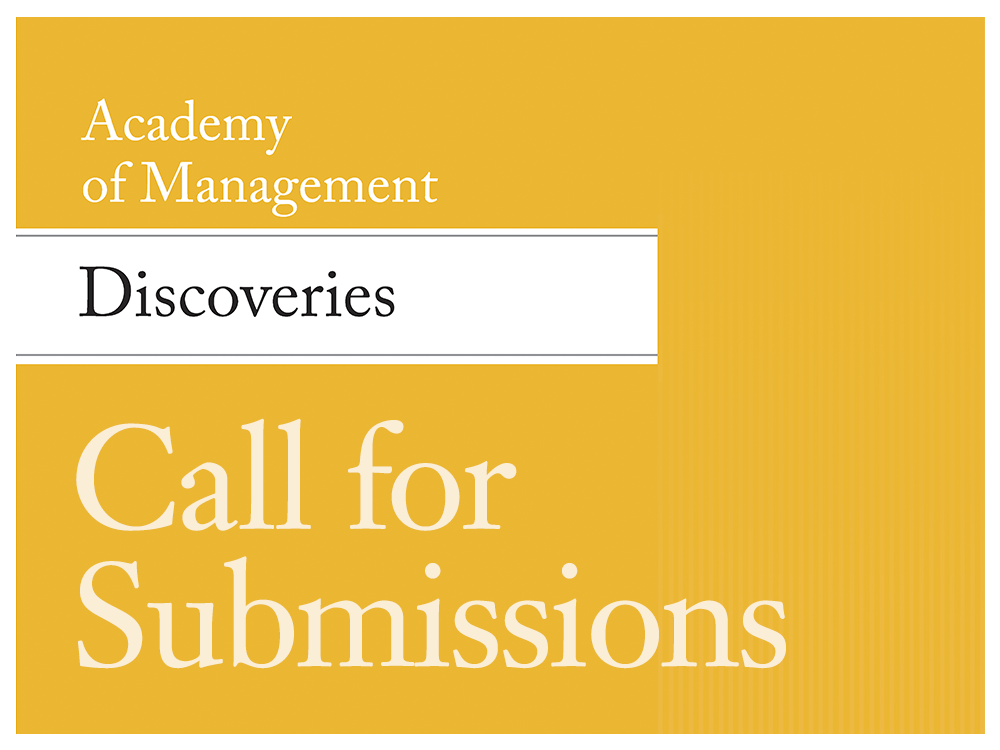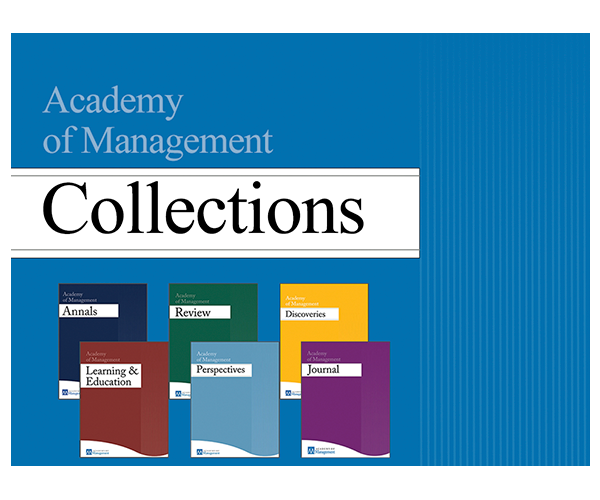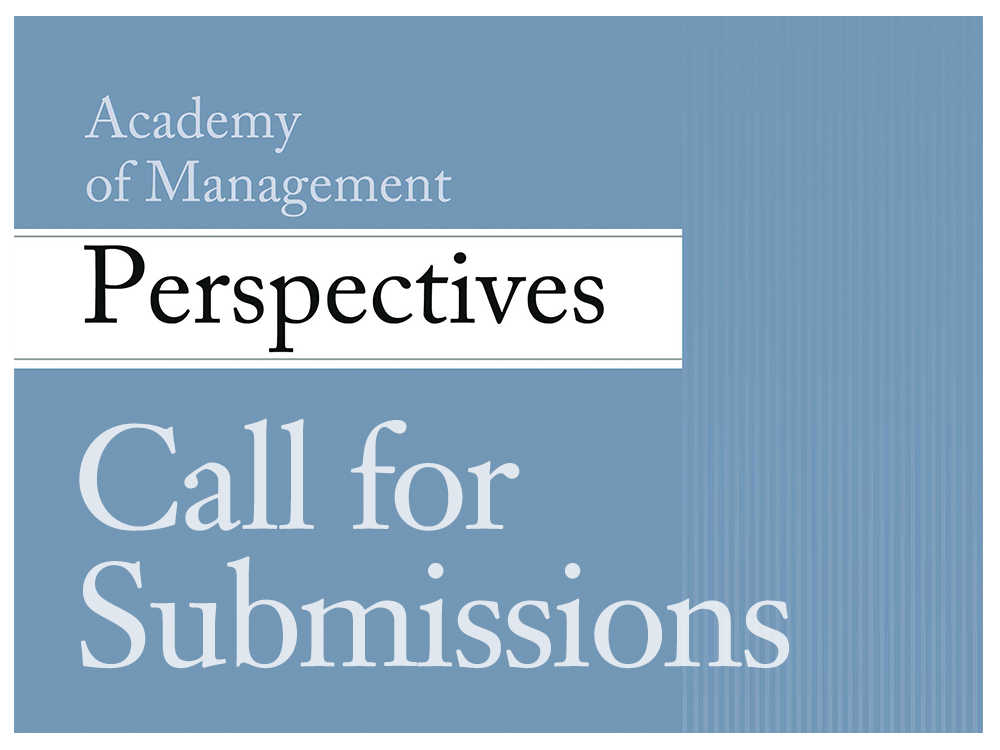Academy of Management Africa Conference
 Hosted by the Gordon Institute of Business Science, University of Pretoria, this conference was held 7-10 Jan. 2013, in Johannesburg, South Africa. The Academy of Management Africa Conference provided an opportunity for members from across the globe
to explore the particular opportunities and diverse challenges of the continent. Participants gathered to connect and learn about this region through experiential learning journeys, interactive sessions, collaborative workshops, and networking activities.
Hosted by the Gordon Institute of Business Science, University of Pretoria, this conference was held 7-10 Jan. 2013, in Johannesburg, South Africa. The Academy of Management Africa Conference provided an opportunity for members from across the globe
to explore the particular opportunities and diverse challenges of the continent. Participants gathered to connect and learn about this region through experiential learning journeys, interactive sessions, collaborative workshops, and networking activities.
The purpose of this conference was to bring Africa’s unique capabilities and needs to the attention of the world’s organization and management scholars and at the same time, to provide an opportunity for interested colleagues to collaborate and work on the many interesting theoretical and practice problems presented in Africa.
24 videos related to this conference are available.
An online photo album with 161 pictures is also available.
View the Conference Proceedings.
Conference Theme
The theme of the Academy of Management’s Africa Conference focused on the interesting theoretical and practice problems presented in Africa. The conference brought such topics to the attention of the world’s organization and management scholars and simultaneously provided an opportunity for interested colleagues to collaborate and work on the theoretical and practice issues in Africa.
If it can be said that the average conference is all about collaborators sharing the answers to their research questions, this conference was oriented more toward discovering questions worth asking and then building the collaborative relationships to answer them. Much of the conference time was spent exploring and experiencing many of these capabilities and challenges first hand. Each participant spent one and a half days in the field, directly experiencing South Africa and the phenomena that interest them.
In addition to experiential learning journeys, the program featured papers, symposia, workshop, and other unique events and sessions to explore these issues. The remainder of the conference was spent in conversation with members and authors about their
collective experience, the program content, and ideas about future work.
Conference Tracks
The AOM Africa Conference provided an opportunity for management scholars from around the world to explore the unique capabilities and diverse challenges of the African continent. Participants gathered to connect and learn about this region through experiential learning journeys, interactive sessions, collaborative workshops, and networking activities. Videos and images from the conference are available in AOM’s Video Library.
The Base of the Pyramid: Emerging Market Consumers, Workers, and Managers
While people no longer imagine that a fortune simply awaits those who bring their business to the base of the world’s wealth pyramid (BOP), people do believe that value can be co-created there. Business is seen by many as an agent of world benefit in this context. But the challenges are as real as they are many. Business leaders and managers need to understand the voice of the customer, as well as the worker, financier, distributor and more. Business models must be tailored to this context. Social entrepreneurship and cross-sector partnerships may flourish in this environment as well. Participants interested in this track might examine such issues as:
- Understanding customer needs in the BOP
- Cross-sector partnerships at the BOP
- Scaling base of the pyramid initiatives
- Social entrepreneurship in emerging markets
- The ethics of doing business with those in the BOP
- The leadership challenges facing firms in emerging markets
Emerging Market Firms and MNCs: Characteristics and Global Aspirations
The past few years have been witness to the rapid emergence of multinational corporations (MNCs) from the developing world. Moreover, many of the emerging market MNCs (EMNCs) do not follow the usual trajectory for internationalization. The export of goods and services to the developed world does not seem to be the only driver for growth. Trade with other emerging nations also seems to play a key role in development. Of course, mergers, acquisitions, and alliances play an important role too. Delegates interested in this track might examine such issues as:
- The domestic and global reach of emerging market firms
- Offshoring and outsourcing as determinants of EMNC evolution
- EMNC alliances and capability development
- R&D and the innovation strategies of EMNCs
The role of EMNCs in global competition
Navigating Institutions: Business, Government, and Civil Society
Africa’s institutional environment differs from what we typically see in places like North America and Europe. While problems with corruption might grab the news headlines, we know that here is a good deal of variance in how transparent and effective the institutions of business, government and civil society are on the continent. Beyond that, we also know that they relate to each other in ways unknown elsewhere in the world. The boundaries among and between them are often blurred in interesting ways. This track explores the nature of the institutional environment in Africa, with a particular focus on how business activity affects and is affected by its institutional context. Those interested in this track might examine such issues as:
- Political strategies of firms in developing countries
- The role of public-private partnerships in business development
- The role of education in enabling growth
- Supra-national institutions and their impact on growth and development
- Sustainability and institutional development
Cultural Diversity and Transformational Societies
The need to understand cultural diversity within and outside an organization’s ever changing boundaries is a hallmark of globalization. With its difficult history of colonial and racial oppression, the management of diversity is all the more important in a place like Africa. This track invites papers and presentations that broadly address the nature and effects of cultural diversity on individuals, groups, and organizations.
- What are the challenges in managing multiple diversities (e.g. cultural diversity, gender diversity, geographical diversity)?
- How do organizations learn to develop inclusiveness across multiple levels of differences?
- How do organizations manage diversity and gender equity from legislative mandates versus voluntary motives?
- Are there unique cultural diversity challenges in emerging markets? What cultural diversity challenges arise when emerging market nations do business with one another?
- What can be learned about valuing and managing diversity from the Global South?
- How can organizations manage the tensions between maintaining local identities while embracing cultural diversity from a global perspective?
Organizers
Conference Program Committee
- Helena Barnard, Gordon Institute of Business Science
- Philip Mirvis, Boston College/Global Network for Corporate Citizenship
- Stella M. Nkomo, University of Pretoria
- James P. Walsh, University of Michigan
Conference Track Chairs
- Ralph Hamann, University of Cape Town, Cape Town, South Africa
- Johanna Mair, Stanford University, California, USA
- Albert Wocke, Gordon Institute of Business Science, Johannesburg, South Africa
- Suresh Kotha, University of Washington, Washington, USA
- Oana Branzei, University of Western Ontario, Ontario, Canada
- Kurt April, University of Cape Town, Cape Town, South Africa
- Mustafa Özbilgin, Brunel University, Middlesex, United Kingdom
Upcoming Events
Call for Submissions: AMD Discoveries-through-Prose

Call for Submissions: Collections

Call for Submissions: AMD Registered Reports

AMP Call for Special Issue Papers: Managing Under Political Turbulence
